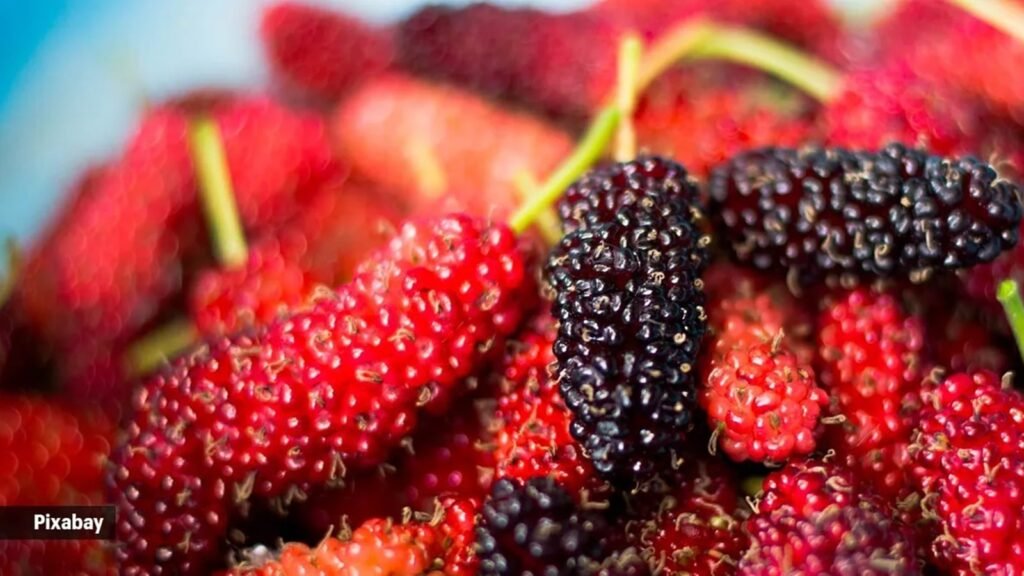Your daily fruit and vegetable intake may decide the extent of inflammation in your body. If you do so, you can actually suppress levels of a protein — C-reactive protein (CRP) — that indicates your level of inflammation and prevents chronic conditions like diabetes, obesity, cholesterol and in certain cases even cancer. Some studies say having higher levels of C-reactive protein in our blood may increase our risk of death by 42 per cent.
Diet correction is the easiest way to lower inflammation. In a nutshell, this includes nutrients and antioxidants such as Omega-3 fatty acids, vitamin A, vitamin C and vitamin E.
Why should you know about CRP levels?
CRP is a type of protein synthesised in the liver as the body’s response to infection, inflammation and tissue damage. However, its presence is not limited to infectious conditions. Elevated CRP levels can be seen in autoimmune disorders such as rheumatoid arthritis, obesity-related inflammation, type 2 diabetes, or even cardiovascular events. In some cases, CRP can increase by a few-fold or even up to 100 or 1,000 times the normal level. This is why CRP is also used to assess the severity of inflammation and monitor whether a treatment is working.
What are anti-inflammatory fruits and vegetables?
My top pick would be berries. Blueberries, strawberries and raspberries are rich in antioxidants like anthocyanins (which give each berry their distinct colour) and ellagic acid, which can reduce inflammation. Cherries, in particular, contain high levels of anthocyanins and other phytochemicals that offer anti-inflammatory benefits. Pomegranates contain a high concentration of ellagitannins, which are compounds that can reduce inflammation in the body. Studies have shown that pomegranate extract or juice can lower CRP. Pineapple contains an enzyme called bromelain, which breaks down proteins, particularly CRP. Studies have shown that consuming citrus fruits, particularly orange juice, can reduce CRP in healthy individuals and those at risk of heart disease. A review of 21 studies indicated that drinking 100 per cent orange juice significantly reduced inflammatory markers in these populations.
Apples are easy go-to fruits packed as they are with polyphenols, which reduce inflammation throughout the body. They are a good source of fibre, which balances gut microbes and regulates blood sugar levels. A sound gut health automatically reduces inflammation. Studies have shown that individuals who consume avocados regularly may have lower CRP levels compared to those who do not.
What about vegetables?
Spinach and kale are packed with vitamin K and other anti-inflammatory compounds. Cruciferous vegetables broccoli, cauliflower, Brussels sprouts, and kale contain sulforaphane, an antioxidant that can reduce inflammation. Tomatoes contain lycopene, which does the same job. Beet helps lower cell damage and its juice can significantly reduce CRP levels, especially when combined with exercise.
The good part about the dietary approach to inflammation is that it approximates the Mediterranean diet, which may not be so unpalatable to begin with. But this also means that you have to support dietary gains by cutting down on processed and packaged foods and ensuring an exercise and sleep regime.
Story continues below this ad
(Samant is Chief Dietician at Kokilaben Dhirubhai Ambani Hospital, Mumbai)
© The Indian Express Pvt Ltd



